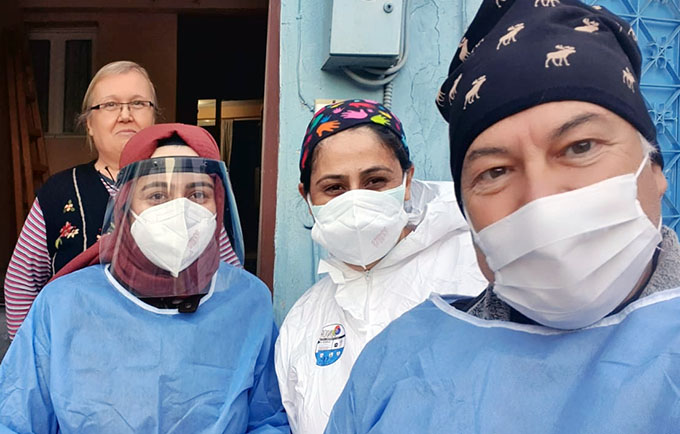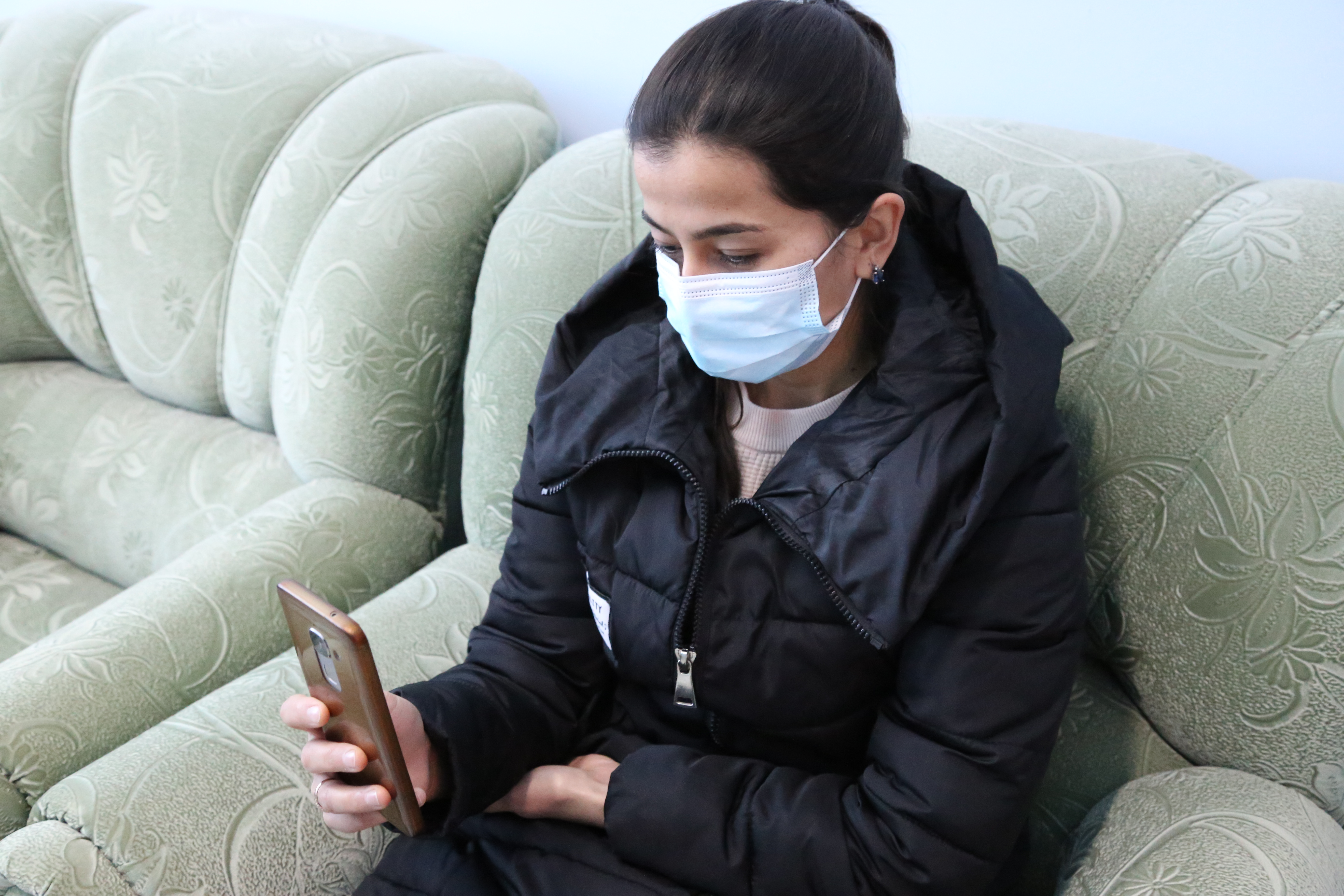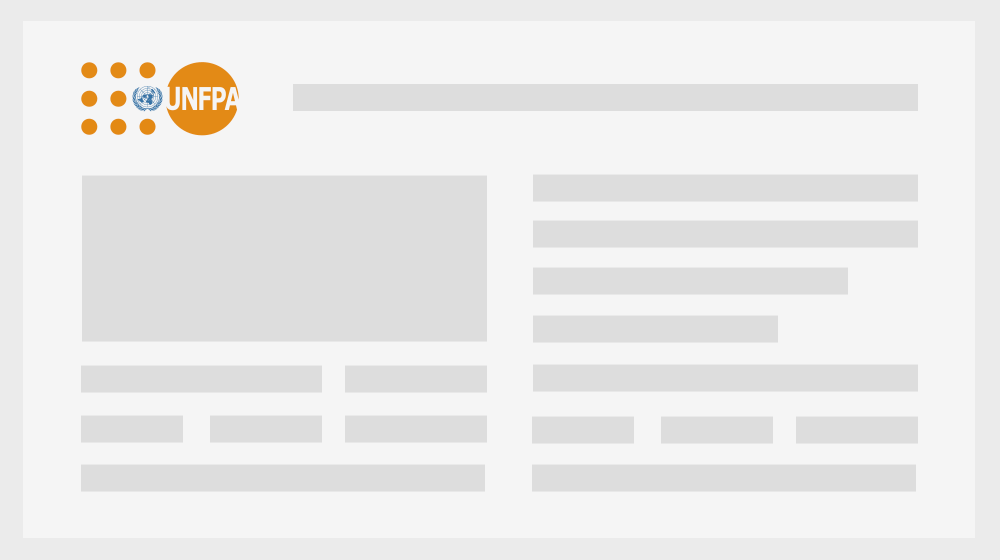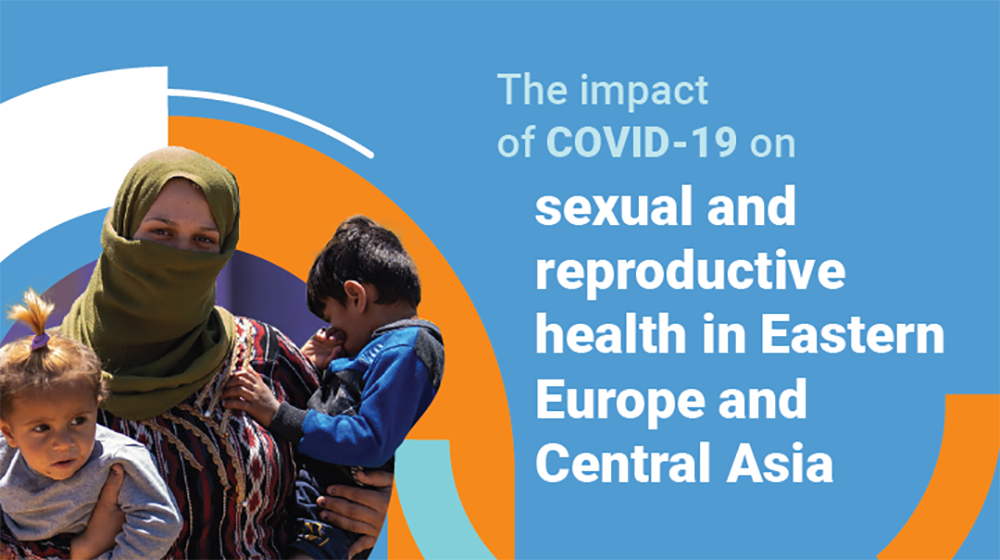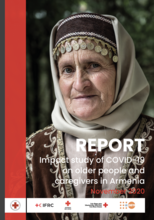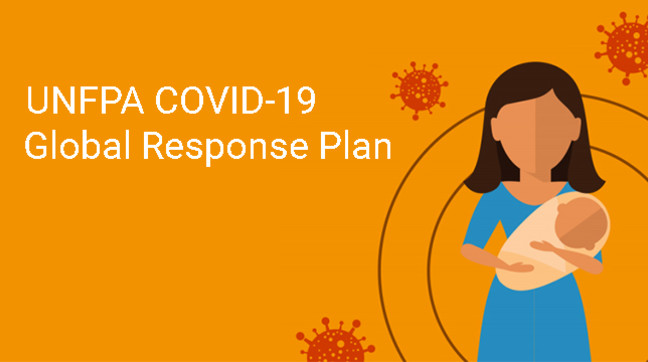The COVID-19 pandemic is straining public health systems, triggering unprecedented measures by governments around the world, including movement restrictions and shelter-in-place orders. Women are disproportionately represented in the health and social services sectors, increasing their risk of exposure to the disease. Stress, limited mobility, home/online schooling and livelihood disruptions also increase women’s and girls’ vulnerability to gender-based violence and exploitation. And when health systems have redirected resources away from sexual and reproductive health services, women’s access to family planning, antenatal care and other critical services have suffered.
UNFPA has been on the ground since the beginning of the pandemic, working hand in hand with the authorities and our partners, distributing personal protective equipment for health workers and supporting health systems where needed. UNFPA is also supporting efforts to learn more about the virus and its impact to better serve the most vulnerable. “While fear and uncertainty are natural responses to the coronavirus, we must be guided by facts and solid information,” said Dr. Natalia Kanem, UNFPA’s Executive Director. “We must stand together in solidarity, fight stigma and discrimination, and ensure that people get the information and services they need.”
UNFPA has outlined its response in a number of guidance documents available on UNFPA's global site.
